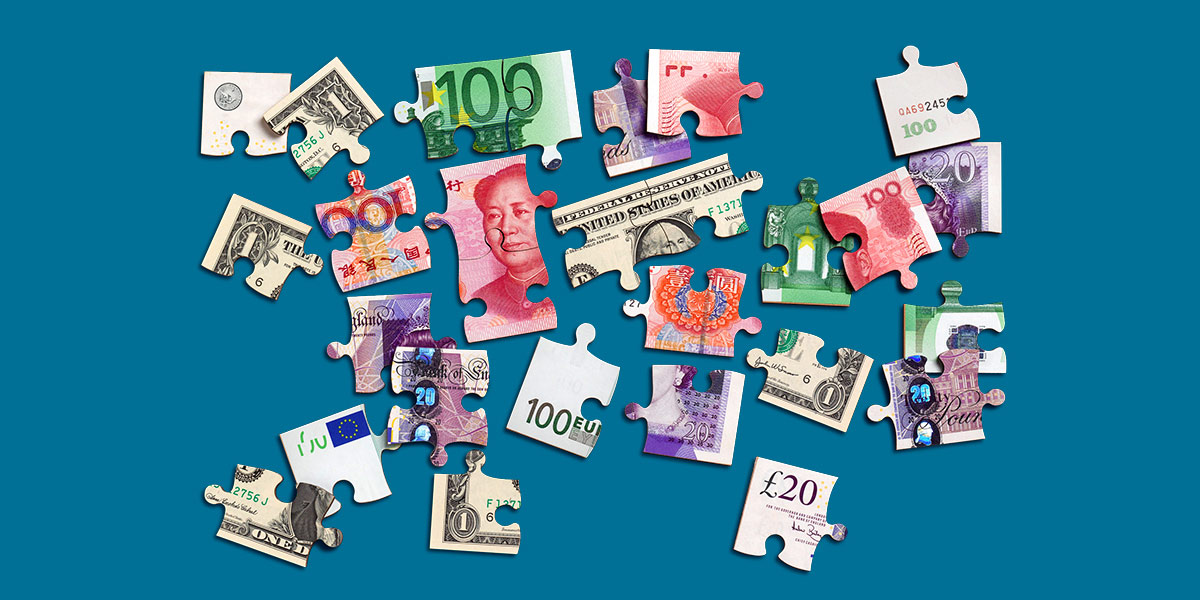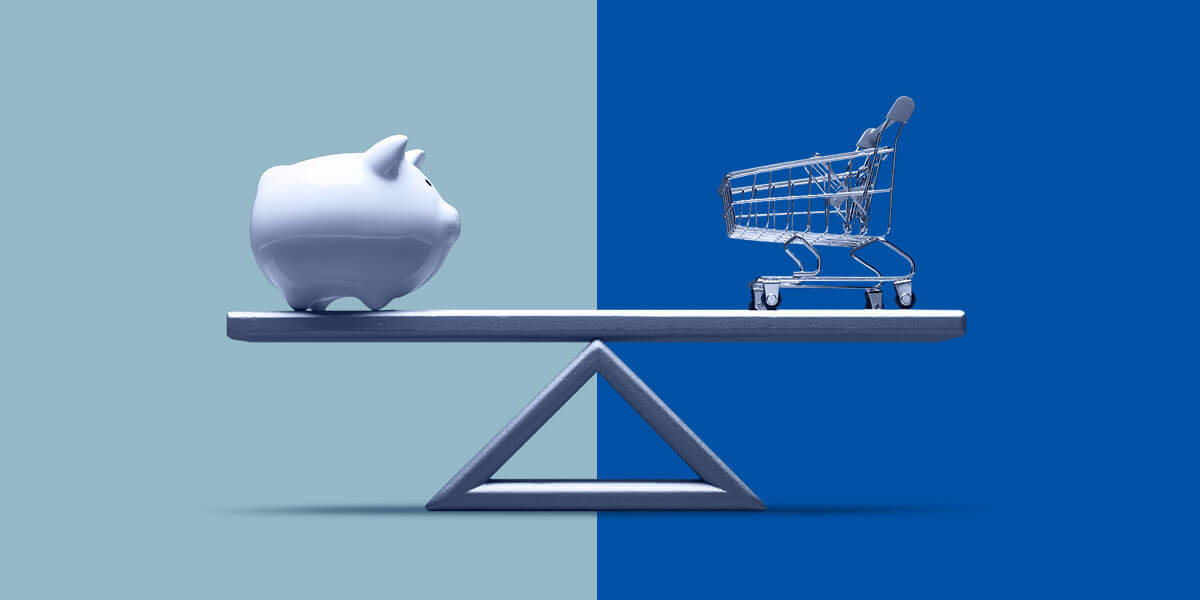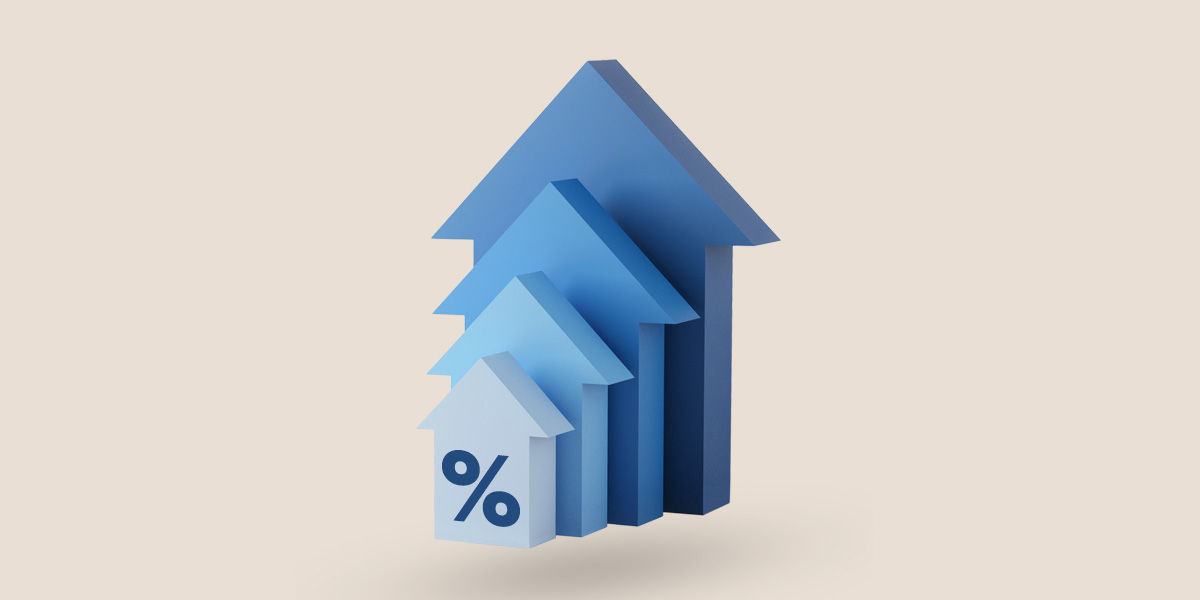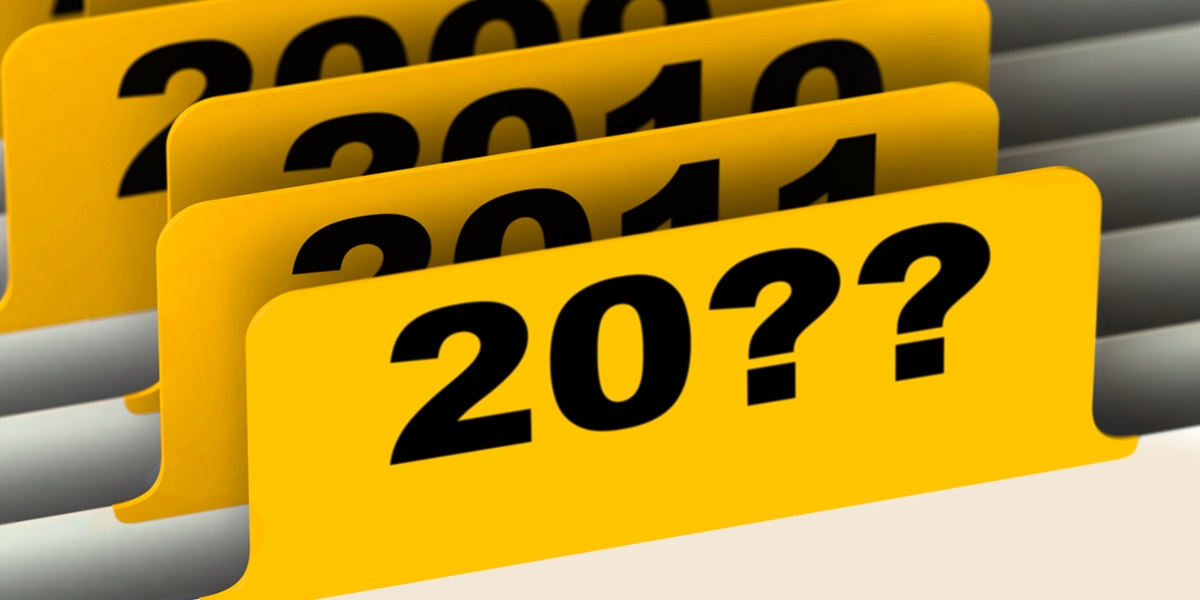-
Personal Banking -
Insights
What to Know About Cryptocurrency and Cybersecurity Risks
Cryptocurrency, Bitcoin, Litecoin, blockchain — you don't need a passion for technology or fintech to be familiar with these terms. But until just a few years ago, the notion that a digital currency would so rapidly become a mainstream news topic - let alone be a popular investment option - seemed outlandish. Now, consumers are wondering if this nebulous asset just might be worth adding to their portfolios.
The Top Cyber Risks of the Cryptocurrency Industry
With cryptocurrency attracting a lot of media coverage, it can be easy to get swept up in the mystery and excitement associated with this innovative, if vastly misunderstood, asset. The risks, however, are real. And they can be financially devastating for those who don't recognize them and know how to shield themselves from the dangers associated with digital currency. The following are a few of the main cybersecurity risks to consider if you're dealing with cryptocurrencies.
Your Cryptocurrency Account Security
To appreciate the risks of buying cryptocurrencies, it's essential to understand that any digital currency is accessed via a private "key," which is a complex password code that grants users access to a digital account.
“When it comes to risks with cryptocurrency, I think the main one is that most people store their private key on their PC like any other file," said Bryan Gour, cyber innovation architect at City National Bank. “There are a lot of dangers associated with keeping a key on a computer. It's highly risky because it's so easy for hackers to access a person's computer. And once a key is stolen, there's no getting it back. It's like having a credit card with no authentication check. That money is gone for good."
Scott Sadler, chief executive officer of Keystone Blockchain Investments is a cryptocurrency investment manager, trader and policy expert. He also warned of the dangers of an account breach. “Cryptocurrency investments should be allocated to the “high risk" portion of your portfolio. You're the only responsible party for ownership and security of the crypto asset and any mistakes are immutable. If you lose your key, you can lose the investment permanently."
Unregulated and Hackable Cryptocurrency Exchanges
What makes investing in digital currency so thrilling is also what makes it risky. Because digital currency is decentralized, there is no body or administrator overseeing the creation, movement and management of the currency. Cryptocurrency exchanges, where digital money is bought and traded, are regulated inconsistently — if at all —depending on which country they are in. They have nowhere near the same level of governmental oversight or auditability as traditional banks.
There is also the issue of security. During the past several years, numerous exchanges have made headlines because of massive security breaches, including Coincheck, which had more than $550 million worth of crypto stolen by hackers, or Bithub, which lost about $30 million.
“The world of cryptocurrency is the Wild West," explained John Gomez, chief executive officer of Sensato Cybersecurity Solutions. “The amount of attacks being propagated against crypto exchanges and systems is mind-boggling. We have seen attacks by North Korea, terrorist groups and nation states, who can use the fruits of the attack to fund their operations. Unfortunately, there is no governing body so there is no requirement for security audits, assessments or controls when it comes to these systems."
Confusion About Blockchain and Cryptoexchanges
The blockchain technology and even the very nature of cryptocurrency itself is extremely complex and difficult to understand. Usually, companies create something that investors can see, feel or use. But digital currency is essentially a non-entity — something that exists only in the ether of the internet. Even the creator of Bitcoin, the first and most popular cryptocurrency, is a mysterious individual known only under the pseudonym Satoshi Nakamoto.
The unknown factors surrounding digital assets far outweigh concrete facts, and that make them a very volatile investment. Because of the unknowns, it becomes nearly impossible for even the most careful investors to do proper due diligence.
Is Cryptocurrency Worth the Risk?
With the potential cybersecurity risks of cryptocurrency, as well as the volatility of the currency, many advisors and financial institutions, including City National Bank, advocate against participating in the cryptocurrency market at this point.
"Transaction errors cannot be corrected," Sadler said. "You are responsible for ensuring that any transactions you initiate have the correct amount and destination. Mistakes can't be changed or rectified."
For investors who are seeking the thrill of a high-risk asset in their portfolio, there are other options available.
How To Better Protect Your Cryptocurrency Account from Hackers
Despite the cybersecurity risk, many still want to participate in the cryptocurrency market - whether in hopes of becoming an overnight millionaire or simply to be part of a new wave of technology. If you're one of those people, these tips may help secure your cryptocurrency account.
Make Security a Top Priority
An individual's private key is the only way to access this kind of investment, therefore it's vital to keep it safe. “One of the best things to do to protect yourself is not to keep your key online where it can be hacked," said Gour. "People should use something called a hardware wallet — an item that looks like a USB and contains their private code — like a Ledger or a Trezor."
Using such a device means your key is encoded onto a hardware wallet and when you want to do a transaction, you plug the wallet into your computer, but the code never leaves the hardware device, so it's much less likely to be accessed or stolen from your computer. You can also make duplicates of the wallet and put one in a safe deposit box, so you never lose your key.
Arm Yourself with Knowledge
There's a technical level of discomfort almost always associated with fully understanding what a private key does and how the cryptocurrency system works.
"People must realize you can't just sit at your computer and click buttons like with an e-trade account," said Gour. "Cryptocurrency requires a much higher level of engagement." He encourages those who are considering investing in cryptocurrency to read and learn as much as they can about the subject. The more you know about it and become familiar with it, the more you can better secure yourself against the risks of digital currency.
Another way to gain knowledge is through experience. Monitoring and trading in digital assets takes much more time, patience and caution than traditional investments, noted Sadler.
For this reason, Sadler advises clients to start small. "I tell my clients to open an account, get a wallet and buy a tiny amount," he said. "Buy $10 and then see what you're dealing with, because if you lose it, it doesn't matter."
Starting with a small investment will allow you to learn more about the process and understand how the platforms work. "Then, if you want to make a meaningful investment, you must decide whether you want to invest not only in cryptocurrencies, but also invest in the time it takes to learn about them, so you can be self-reliant," Sadler said. "If not, then evaluate your options to engage a third party to manage your investment for you."
Consult with Your Investment Advisor
If you've purchased cryptocurrency on your own or you're planning on it, cue in your investment advisors. Although they may not recommend purchasing cryptocurrency, they may be able to connect you with third-party resources to better educate and assist you if you choose to do so.
Undoubtedly, purchasing cryptocurrency is both fascinating and fraught with risk. Knowing what the dangers are and how to protect digital assets will help you make an informed decision to determine if investing in digital currency is the right choice for you.
This article is for general information and education only. It is provided as a courtesy to the clients and friends of City National Bank (City National). City National does not warrant that it is accurate or complete. Opinions expressed and estimates or projections given are those of the authors or persons quoted as of the date of the article with no obligation to update or notify of inaccuracy or change. This article may not be reproduced, distributed or further published by any person without the written consent of City National. Please cite source when quoting.





